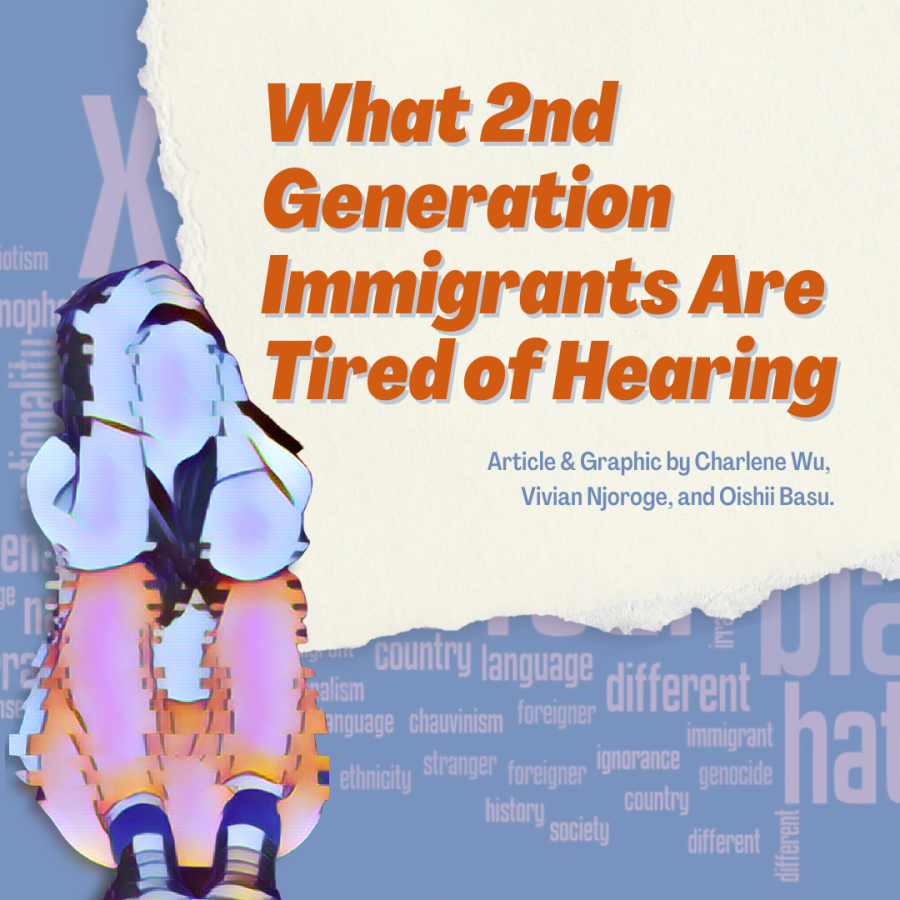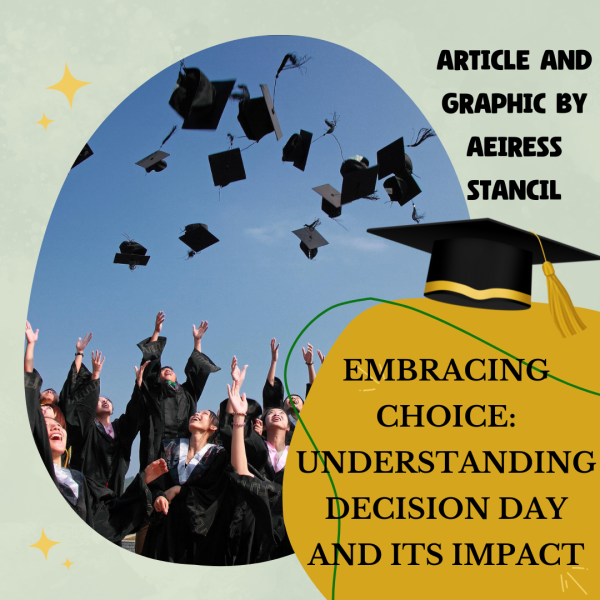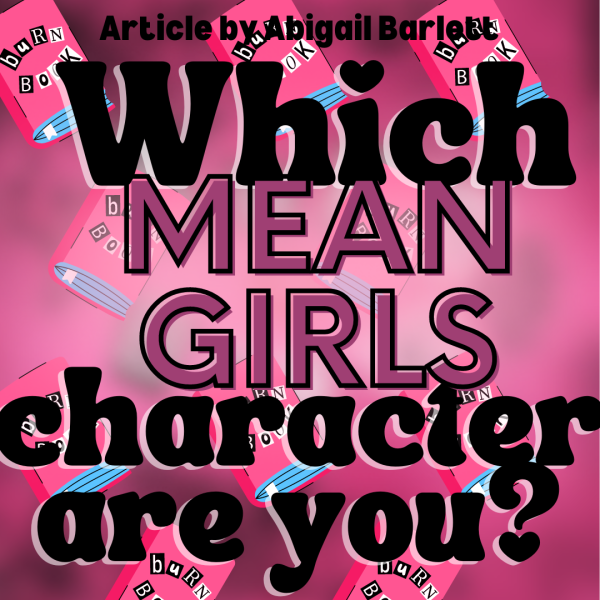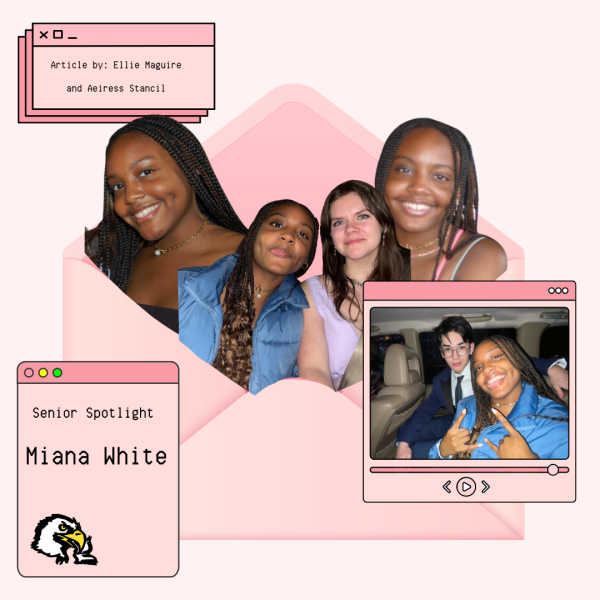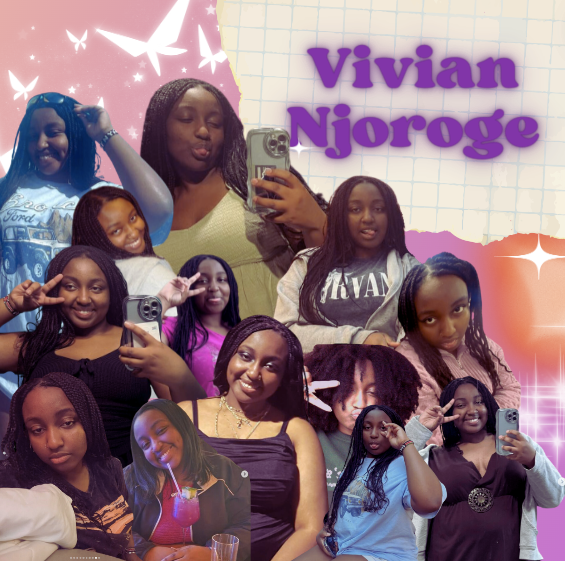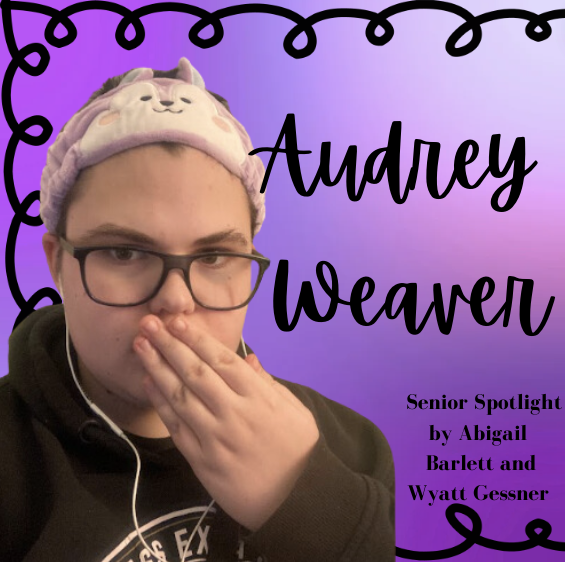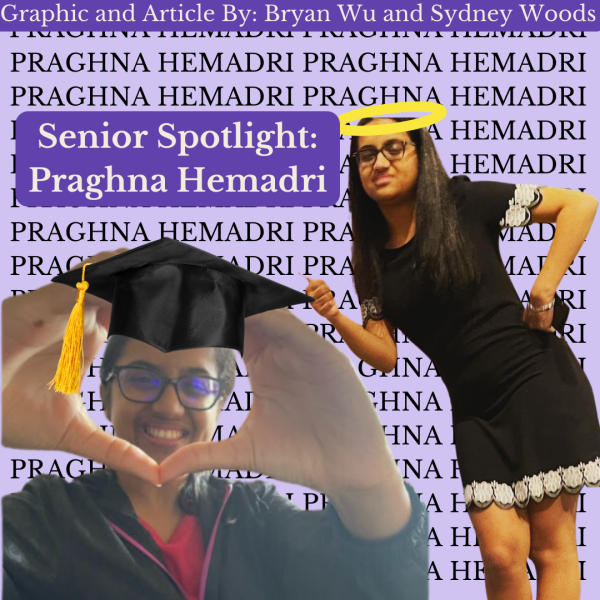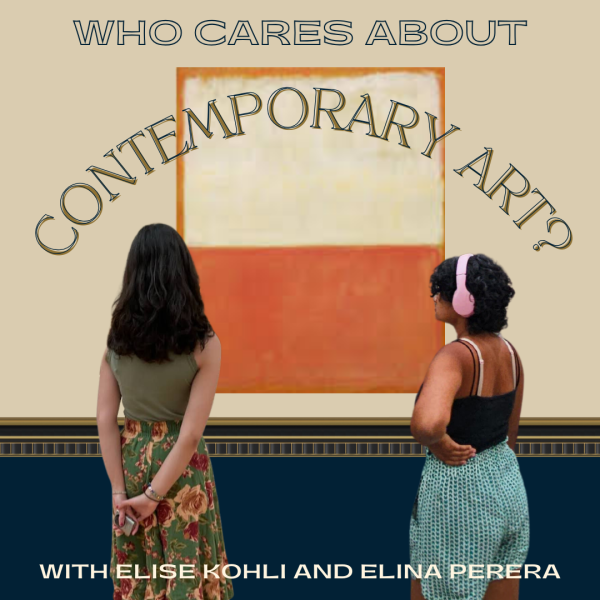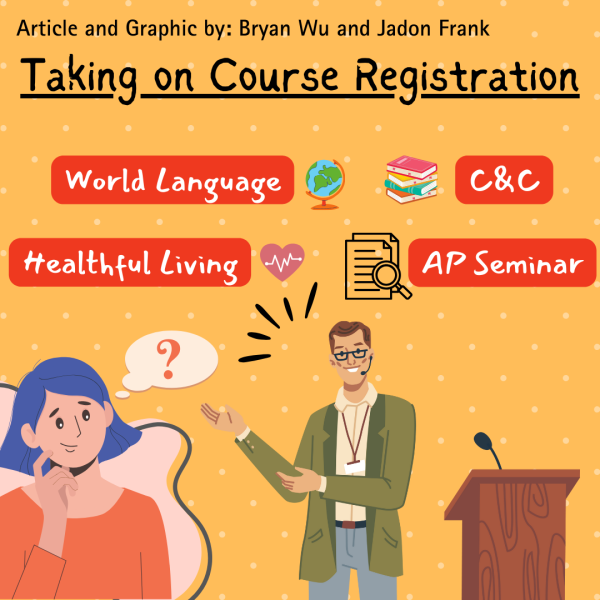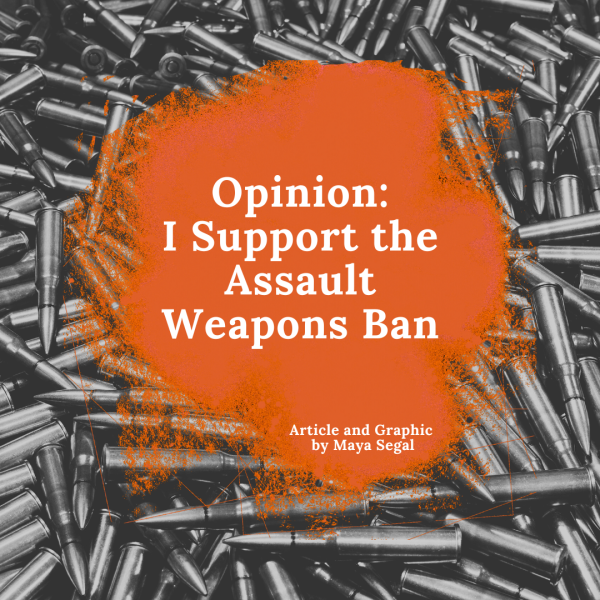What Second Generation Immigrants Are Tired of Hearing
A List of Xenophobic Microaggressions
Before you read this article, we want to clarify a few things. One, as defined in the dictionary, second-generation immigrants are “individuals born and raised in the United States who have at least one foreign-born parent.” This is a criterion that many people at Enloe alone can relate to. It would be unfair to say that everyone has had the same experience. However, many second-generation immigrants have had similar experiences when it comes to xenophobic and ignorant comments. Two, if you have said anything on this list, don’t necessarily feel bad, but remember that what you say can affect others. Read some of these insensitive statements and be more educated of xenophobic microaggressions.
“You’ve never seen ___? It’s a childhood classic.”
Many immigrant children grew up consuming media from their family’s home country, not immediately exposed to American TV, radio, or books. Saying this expresses that knowing specific media narrowly defines what an American is. Why are certain American movies “must watch” but others widely popular elsewhere go ignored? Often, immigrants need to play catch up to understand American pop culture and are ridiculed for it. No childhood is exactly the same, and to make a general claim that everyone should be familiar with a certain trend is alienating and unfair.
“Don’t be a grinch.”
The obligatory holiday cheer has never truly resonated with families that don’t celebrate it. The world has thousands of diverse holidays that never get the same recognition as Christmas. It’s a Christain holiday, not universally celebrated nor the only holiday tied to wintertime.
“Did you just say ____? It’s actually pronounced ___.”
Not everyone grew up in an English-speaking household, thus unfamiliar with American phrases or idioms. It’s hard enough growing up learning multiple languages and when to use them, pronunciation and accent are big insecurities.
It’s hypocritical to ridicule pronunciation when mainstream America butchers every other culture’s names and words with no effort of respect. Immigrants are given both burdens of deciphering what Americans choose to be correct, while also conforming their own language to the comfort of American listeners. Examples include: “Chai tea,” “Chow mein,” or any non-English name.
Language has diverse dialects. There’s no 100% true pronunciation of any language, it changes based on different regions and time. For example, English originated from England, yet American pronunciation evolved separately from British English.
The ultimate purpose of speaking is to get the point across. If what was said was understood, then it shouldn’t matter how it was pronounced. Further clarification can be politely asked for, without mockery.
Calling cultural food, custom or anecdote “weird”
Showing one’s culture is extremely vulnerable, and wanting to share it means they love it so much they wish another experiences it as well. Saying this completely breaks that trust. It alienates and disrespects any means of cultural appreciation.
Pushing them to speak in another language
Growing up in a country that forces everyone to speak English may make them want to only speak English! Not all second generation immigrants are able to speak a second language fluently, and are uncomfortable when the environment feels like they’re being tested on it. This implies that not knowing the language invalidates their identity, and isn’t solely perpetuated by Americans. Usually around relatives, their second language’s American accent is often pointed out. This not only alienates them from America, but their own cultural community.
“I’m more [insert ethnicity] than you!”
This is usually based on racial stereotypes. (If based on a DNA test, most likely that trace of ancestry is tied to colonization and sexual assault.) None of which should be made proud of. Saying this ignores and invalidates the prejudice and trauma that POC immigrants face.
“Talk to your relatives to learn your family history.”
Some stories are tied to heavy intergenerational trauma and/ or put undocumented people at risk. Many don’t have complete knowledge of their history due to their families being uncomfortable with sharing it. Widely popular in school projects, children’s connection to their culture may worsen, as the loss of knowledge is displayed and graded.
“You should ask your parents for help (mentally, financially, etc.)”
Not everyone lives in a safe household to have this type of parental relationship. American societal norms differ from others. Just because it’s not a big deal to one doesn’t mean it’s the same for all.
“But you never told me this bothered you before?”
Immigrant families have been constantly ridiculed and belittled for their grievances for centuries. The reason why they never said anything before was because they were never provided a safe space to do so.
While these words may not be intentionally said to harm, they develop long term effects. They subject alienation both from America, a country they’re unfamiliar with, and from their own family’s cultural identity, which they’re disconnected from. They exoticize cultures and normalize assimilation, planting the seeds of internalized xenophobia. When considering yourself an ally, do your part to acknowledge ways you may have perpetuated xenophobic language and clear it from your vocabulary.
Your donation will support the student journalists of Enloe Magnet High School, allowing us to cover our annual website costs. We are extremely grateful for any contribution, big or small!

Charlene's pass-times include: evaluating her Google Calendar color scheme, baking Tres Leches, and parking badly. Ask her, "How was your day?" and she'll...
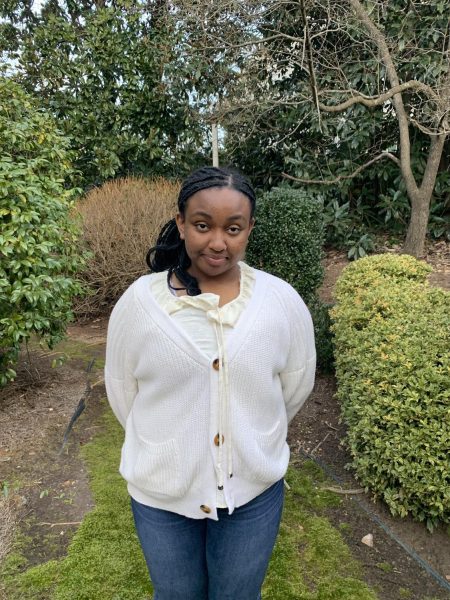
Vivian Njoroge is a senior, and it's her third year on the Eagle's Eye staff. It's also her second year as a graphics editor. Njoroge enjoys making changes...

(She/her)
A. Oishii Basu is the A&E editor on the Eagle's Eye. Outside of Newspaper, she enjoys making art, curating playlists and hanging out with...


